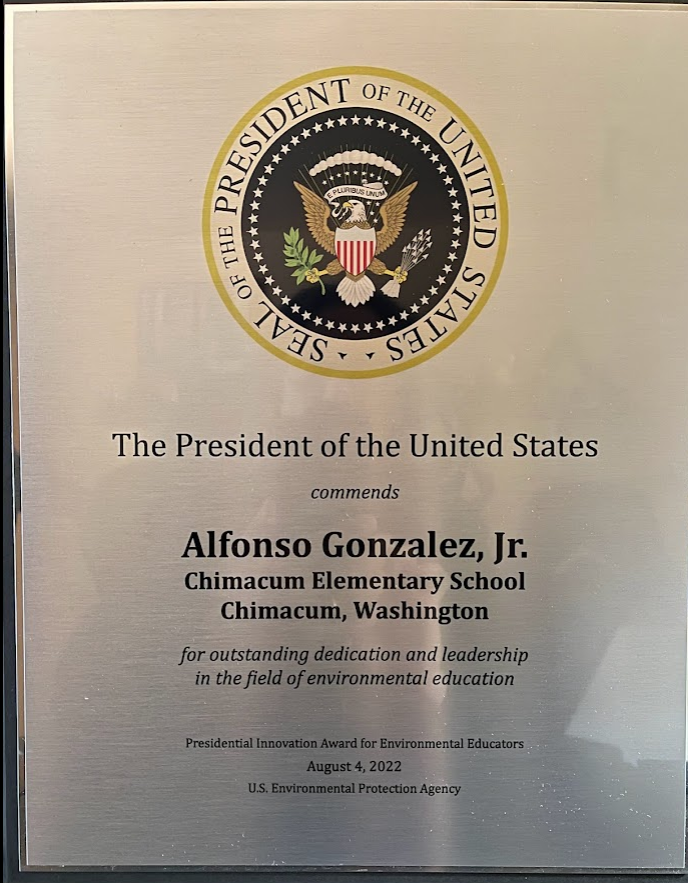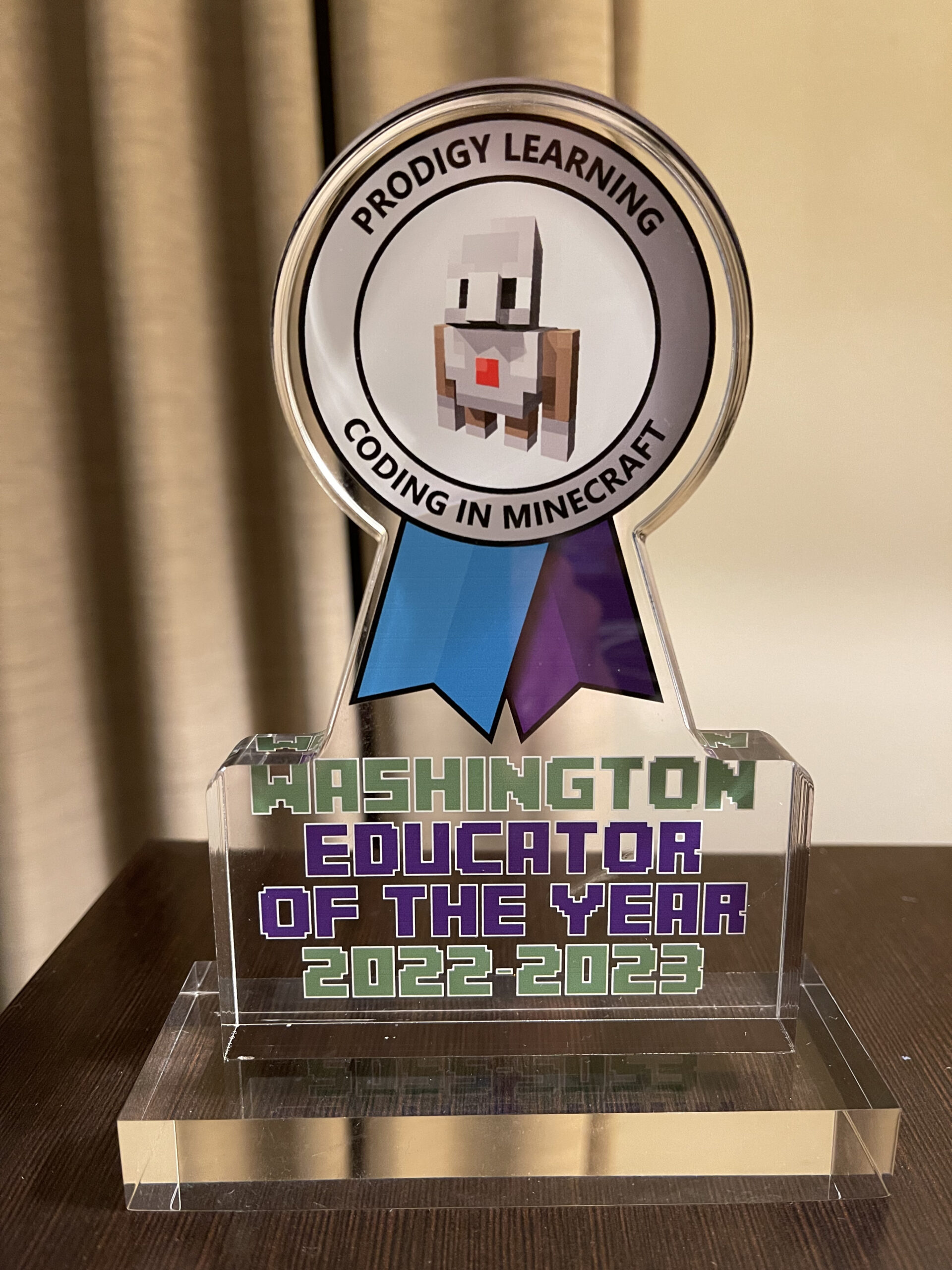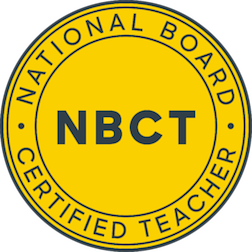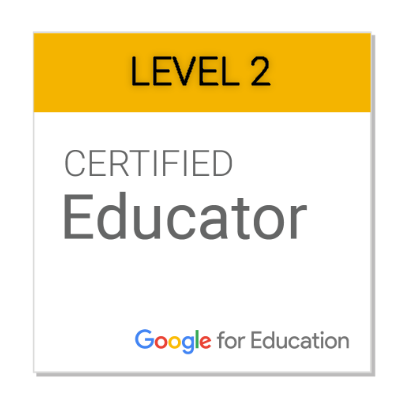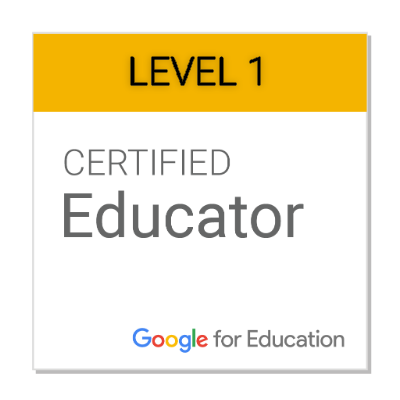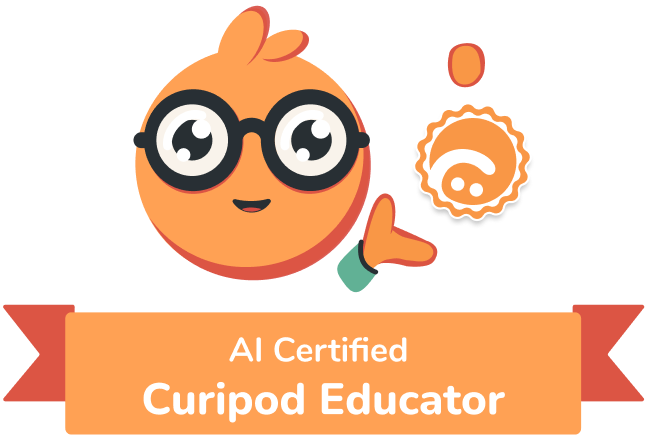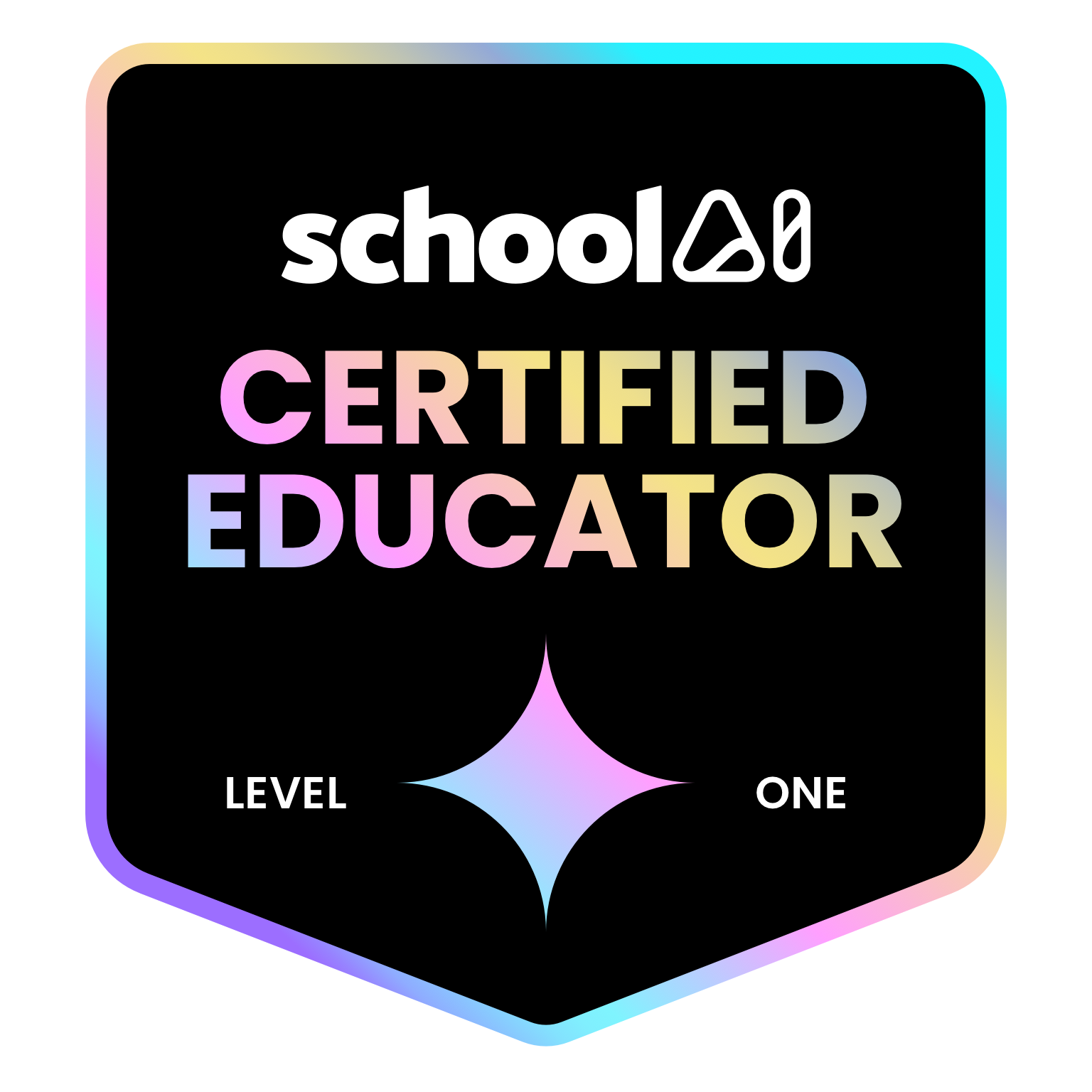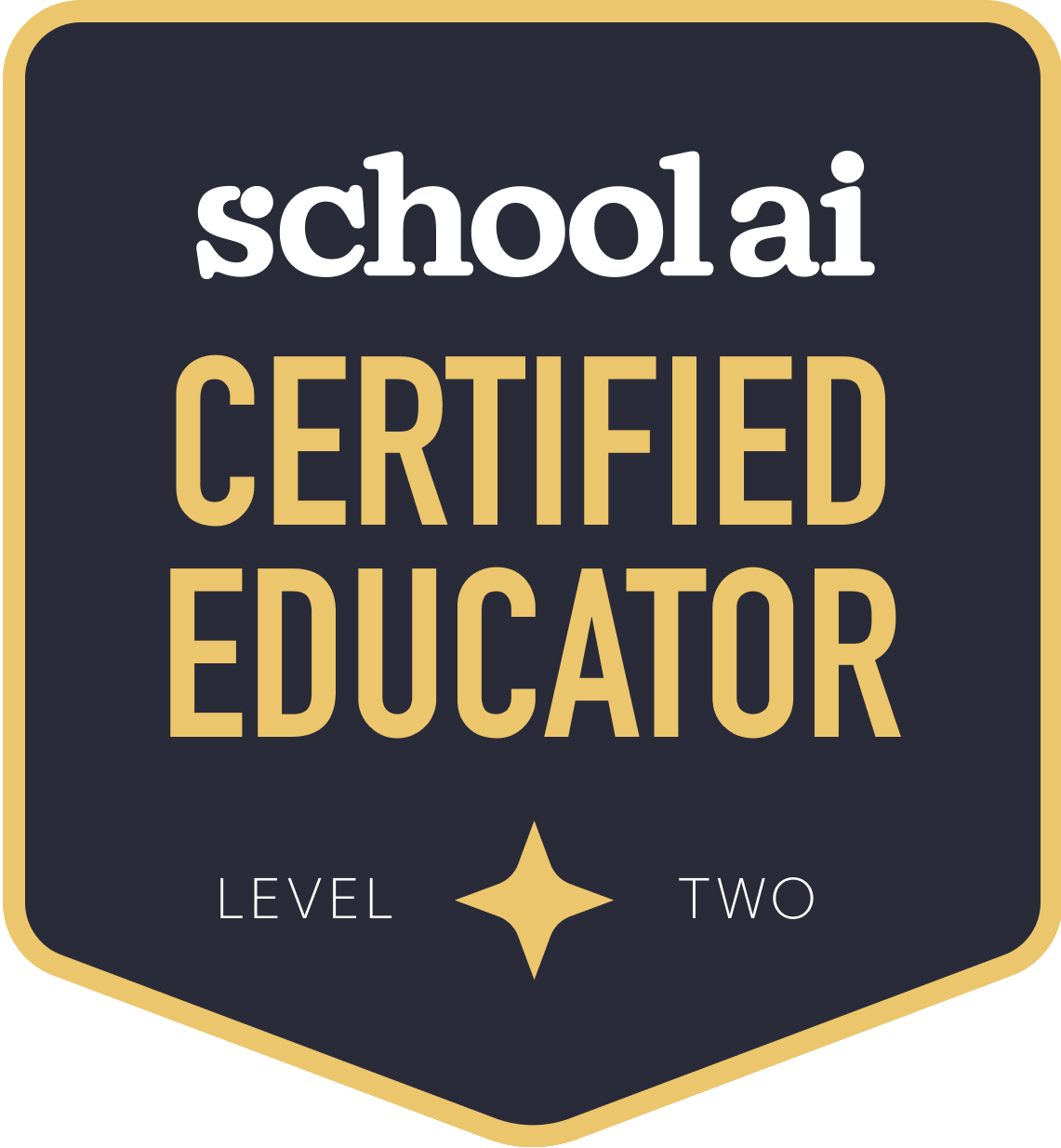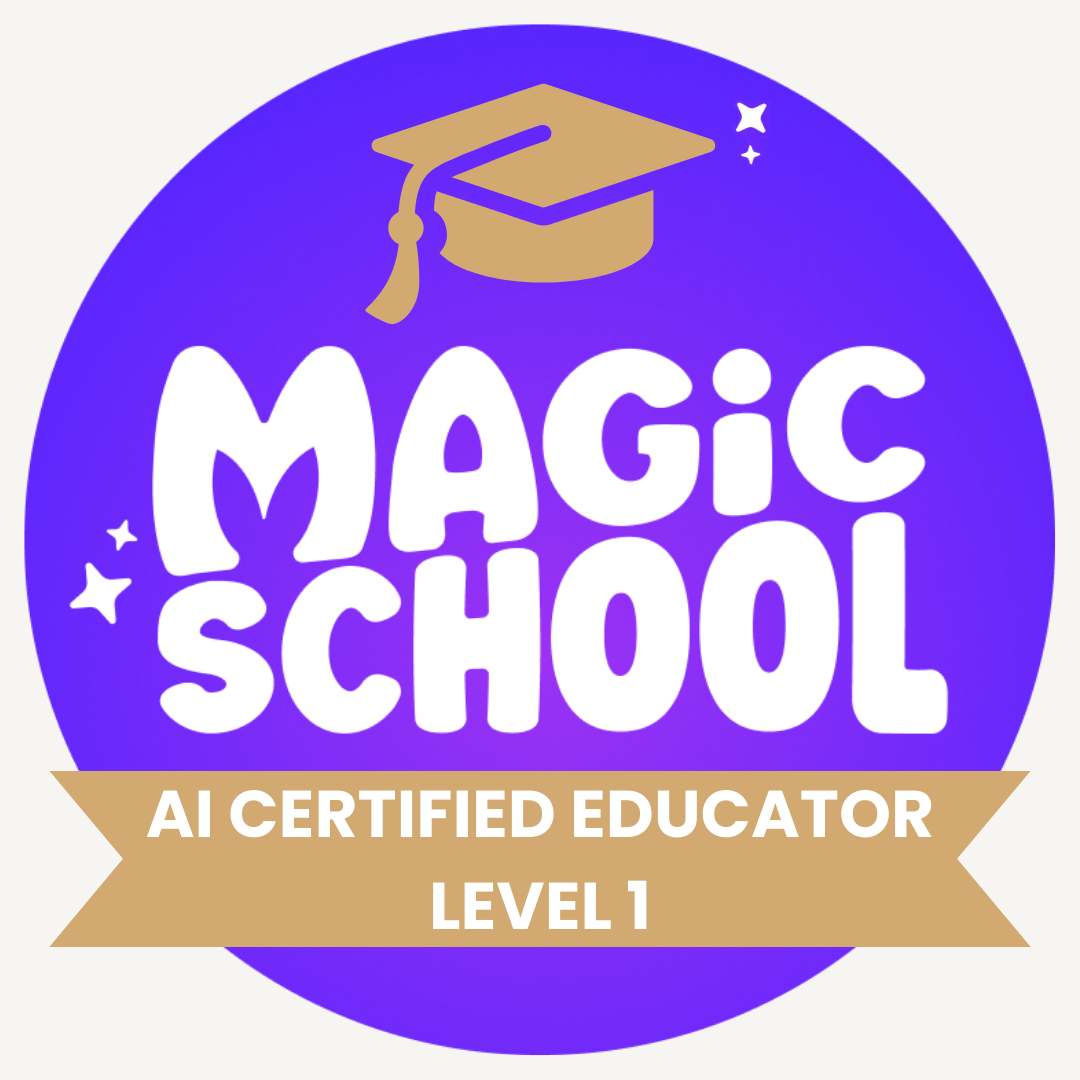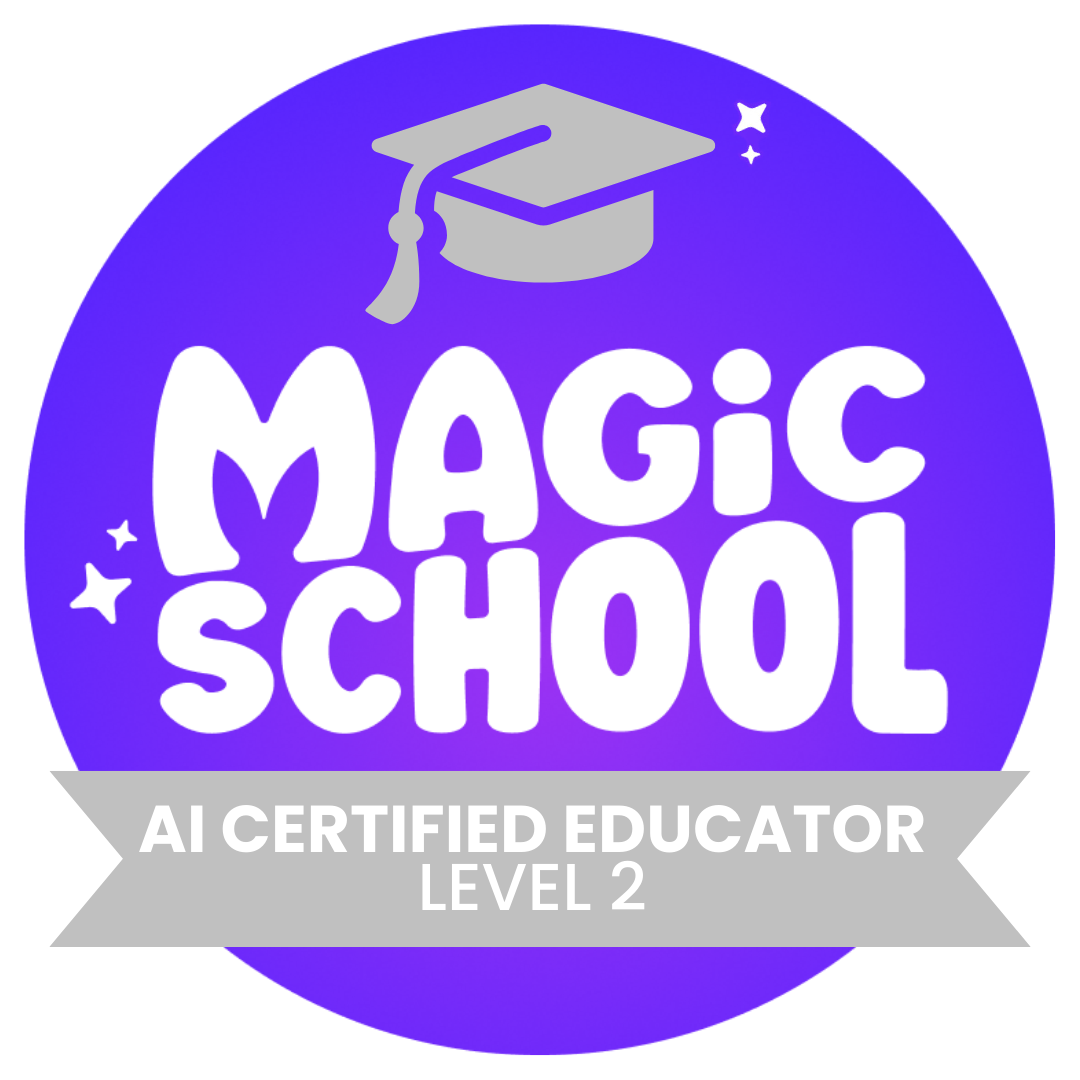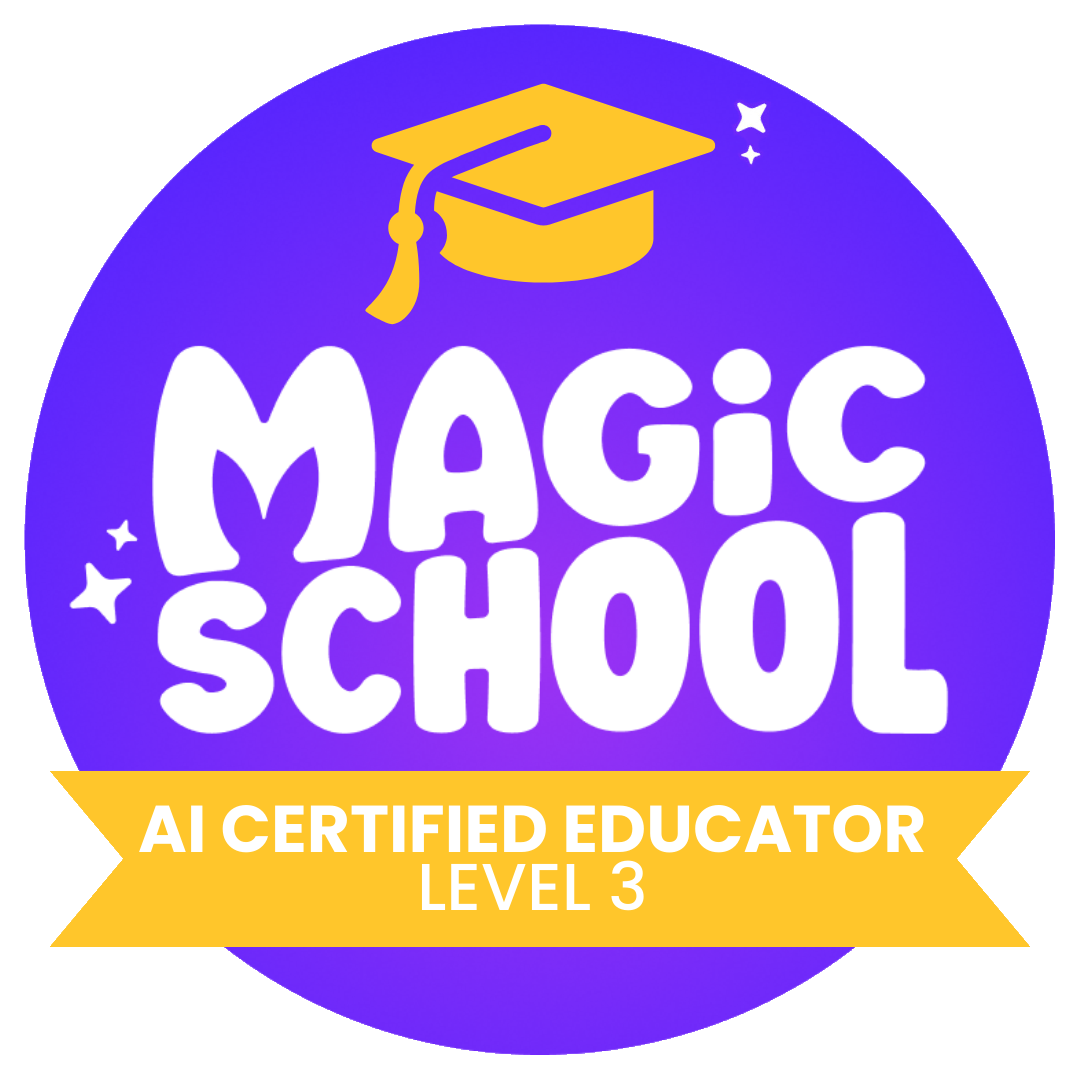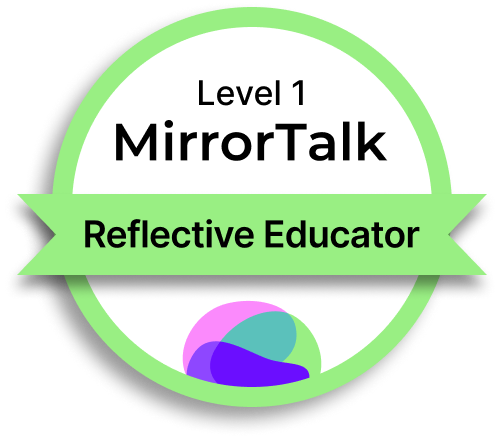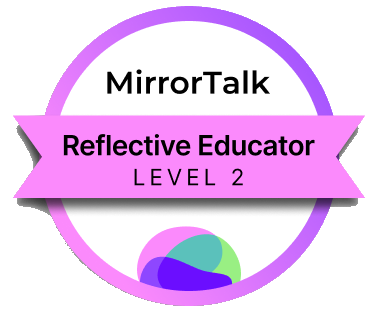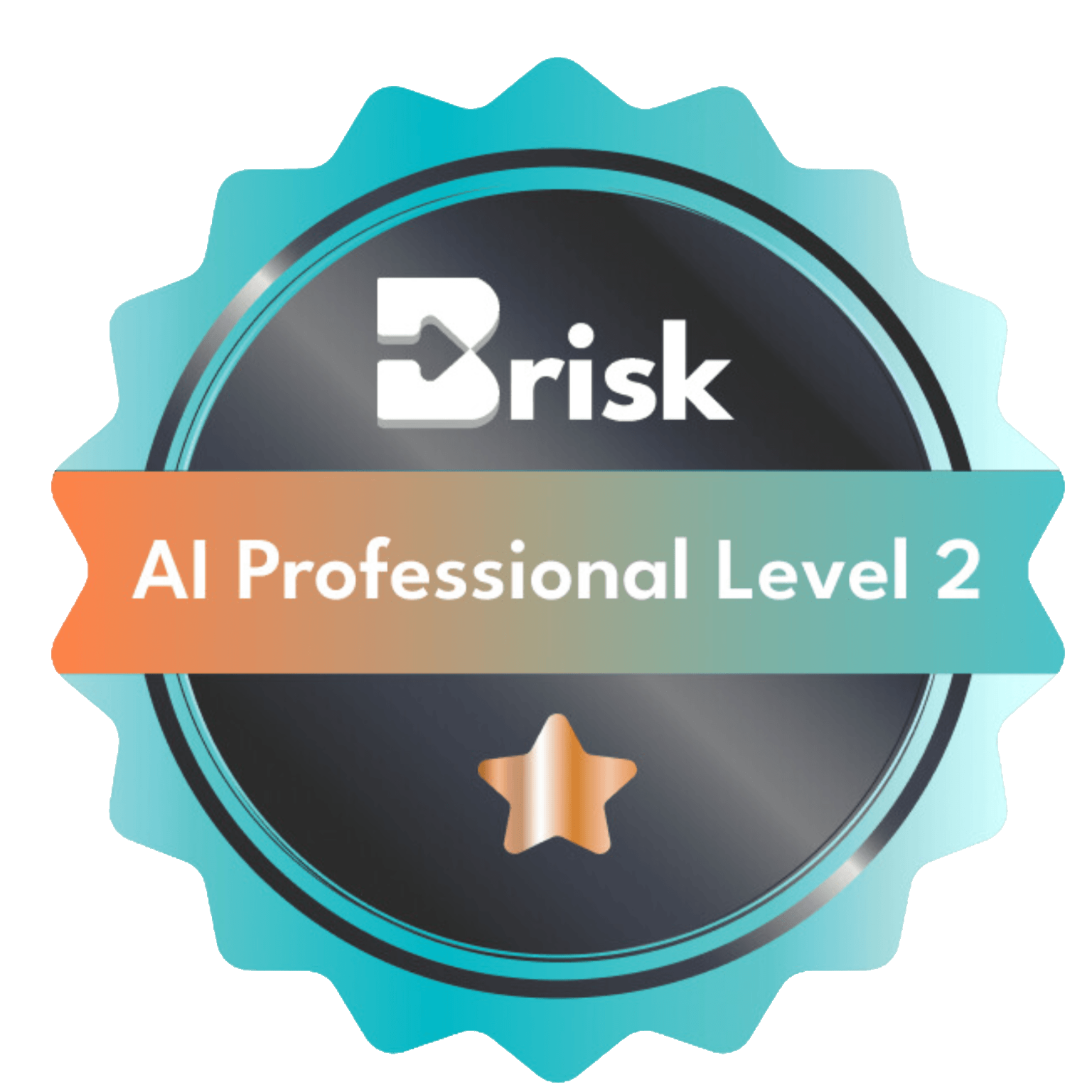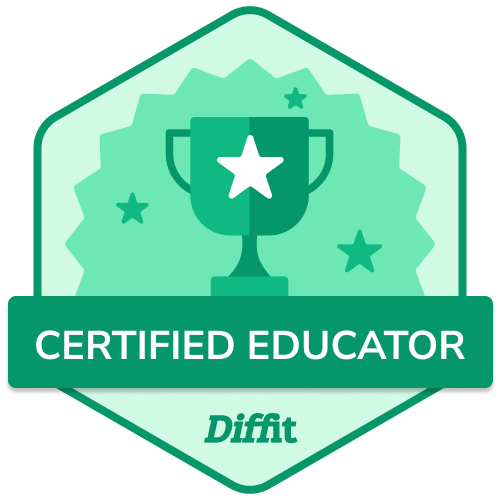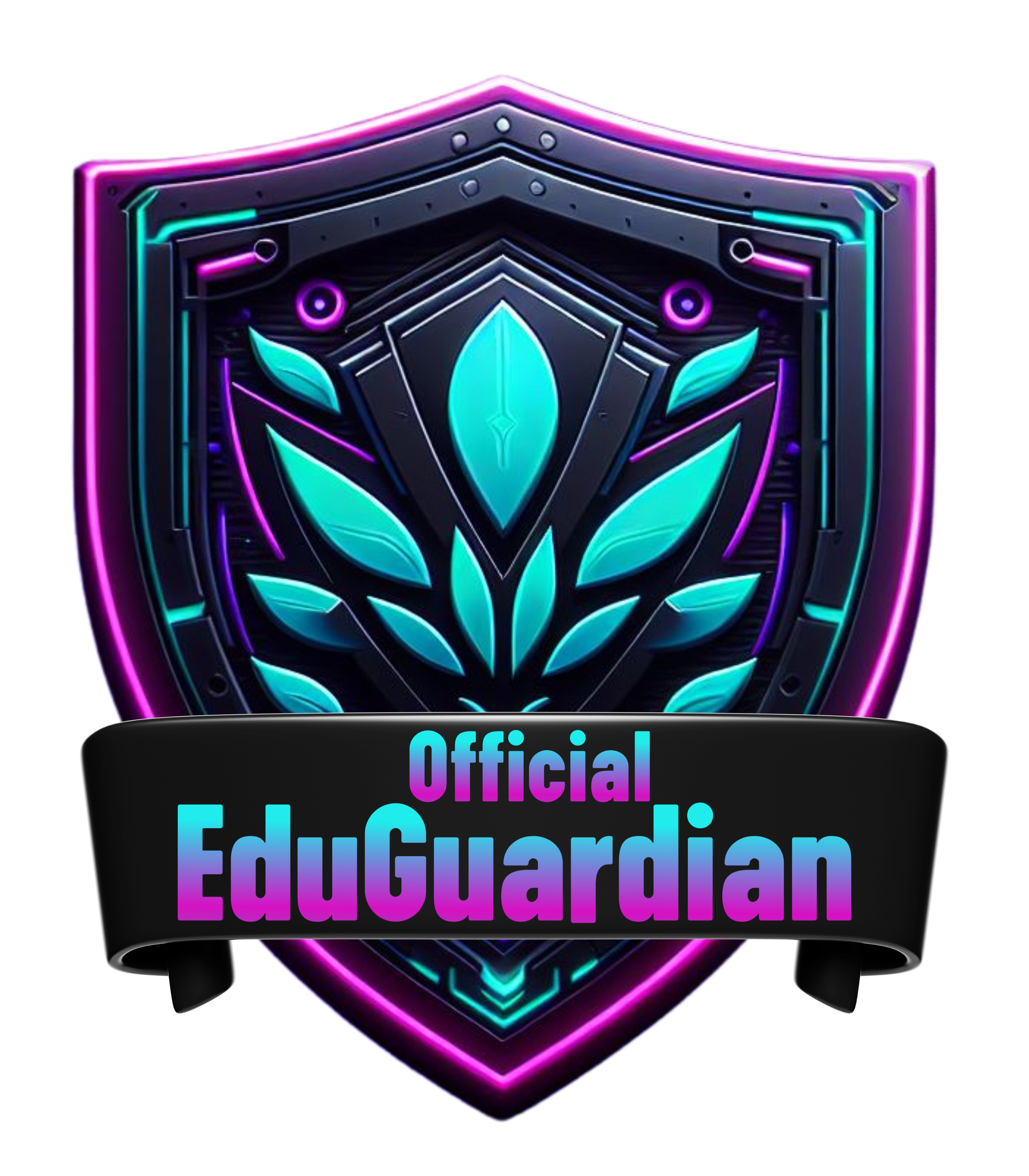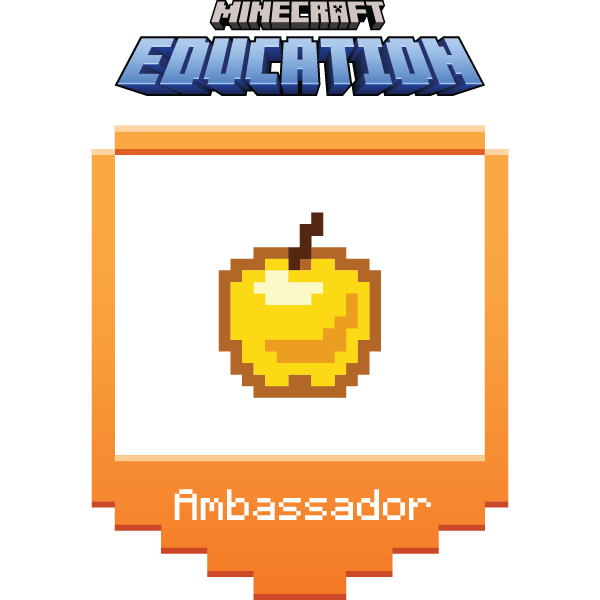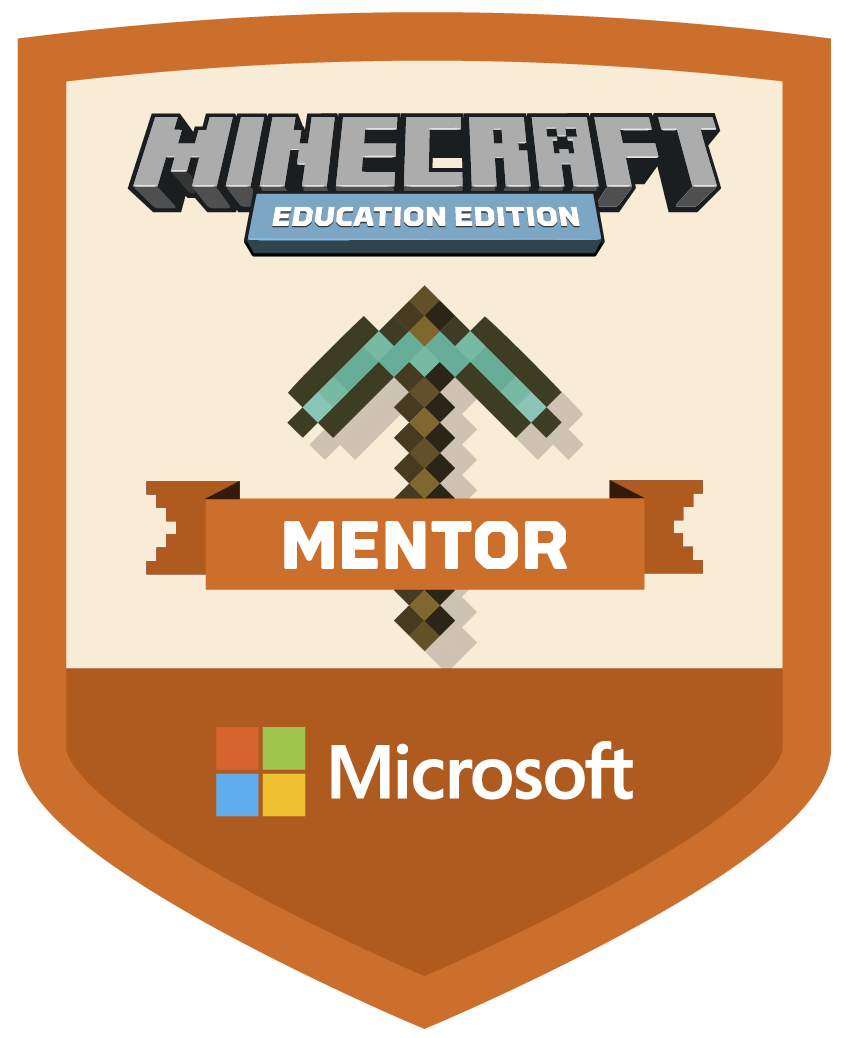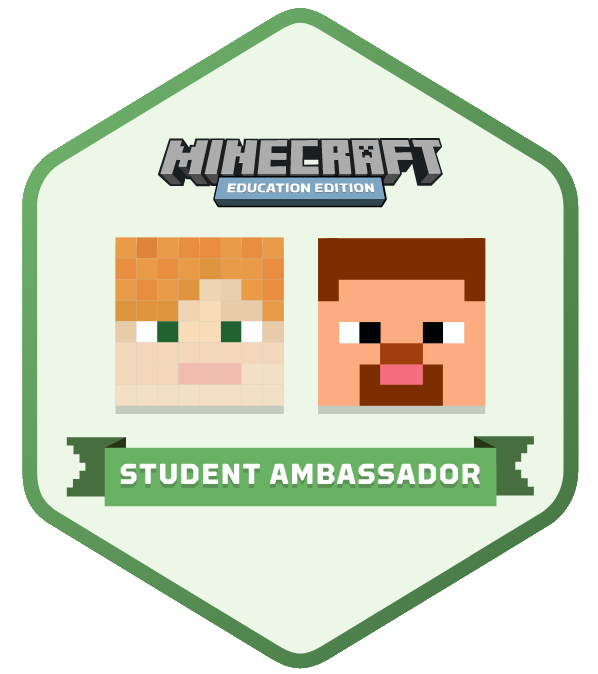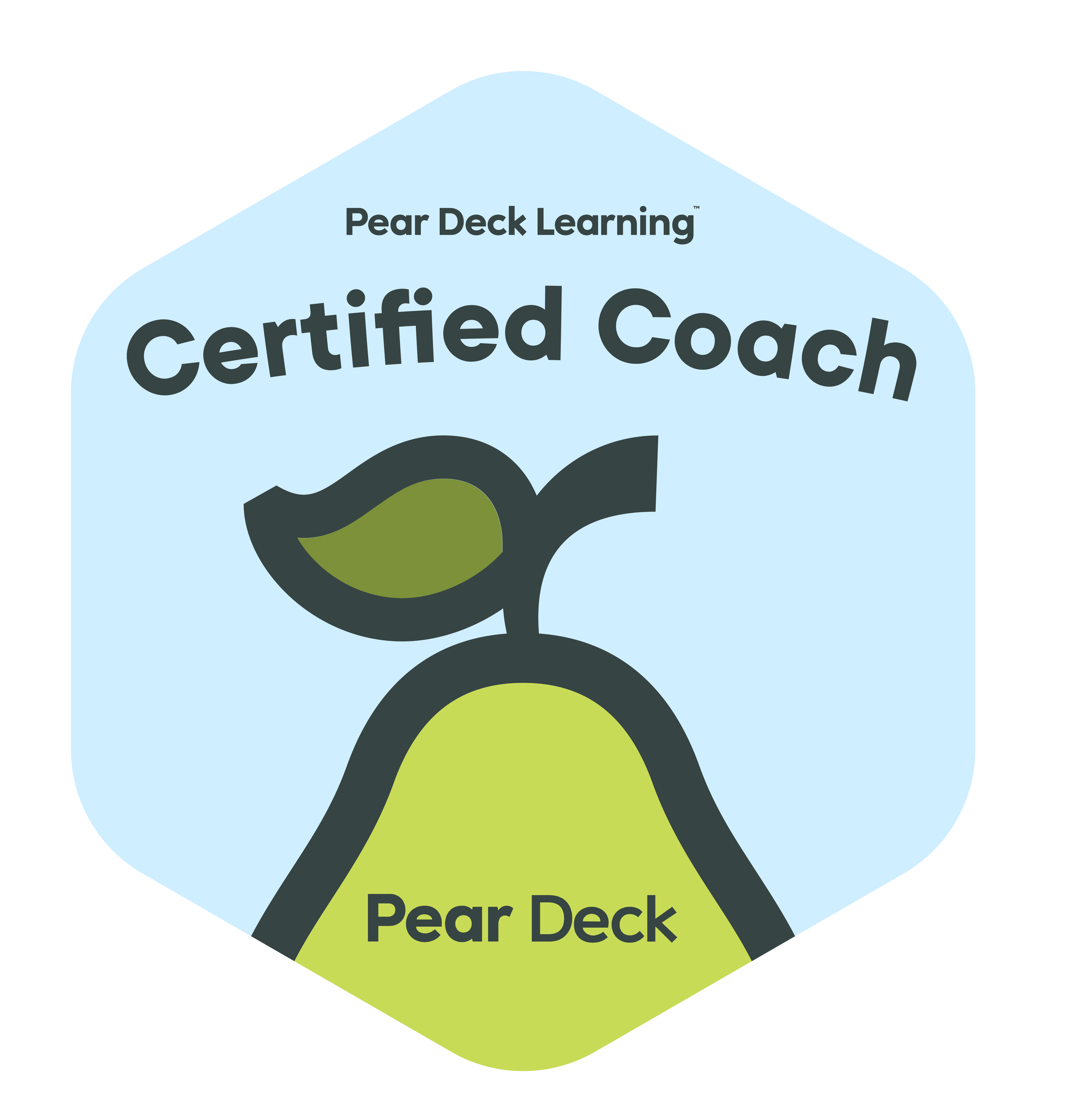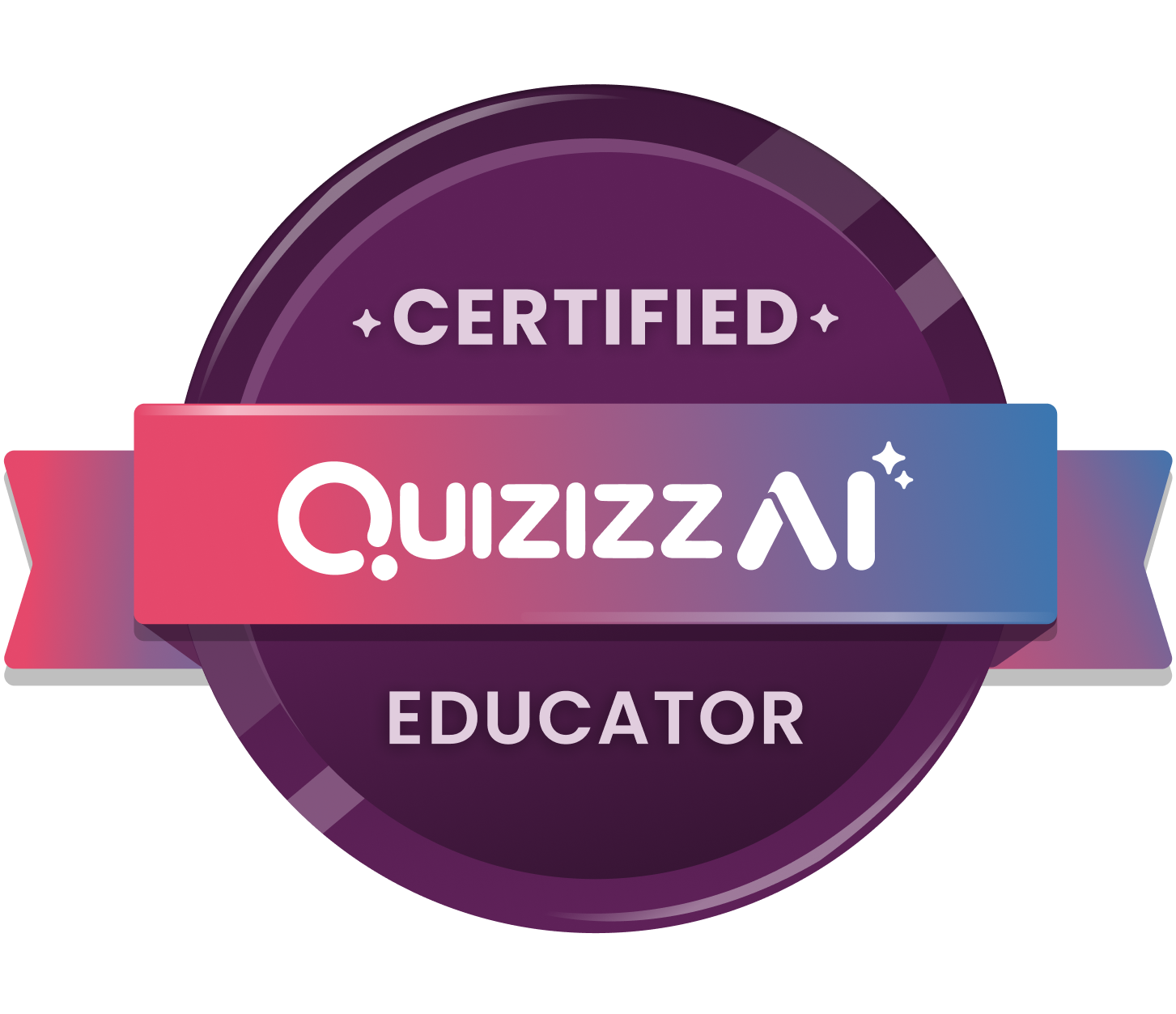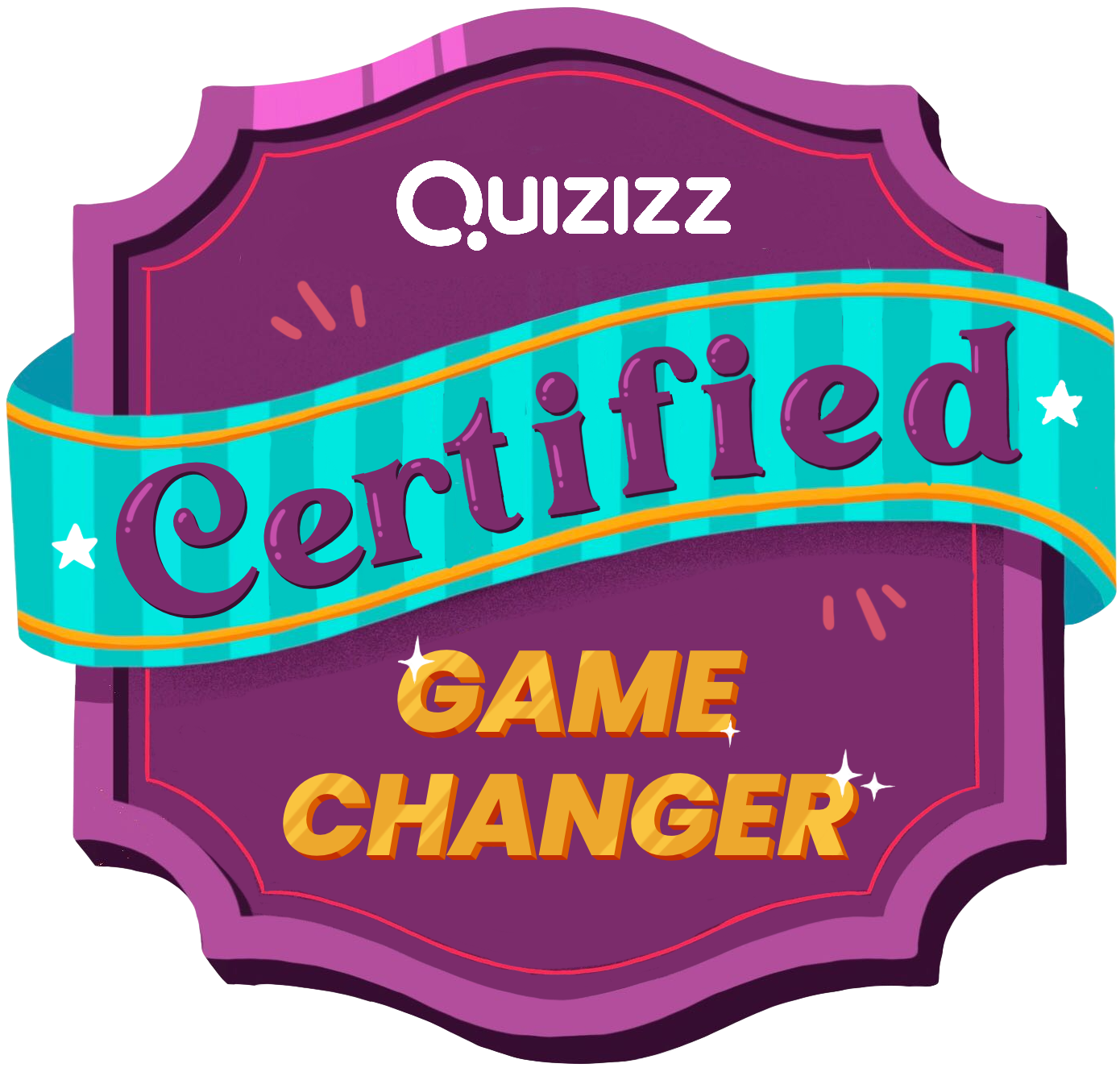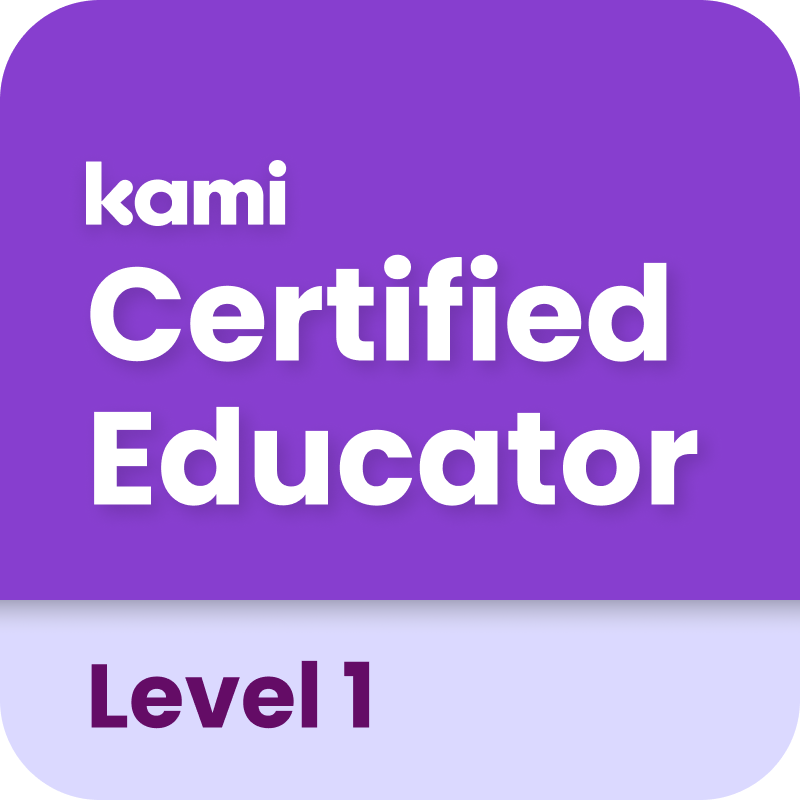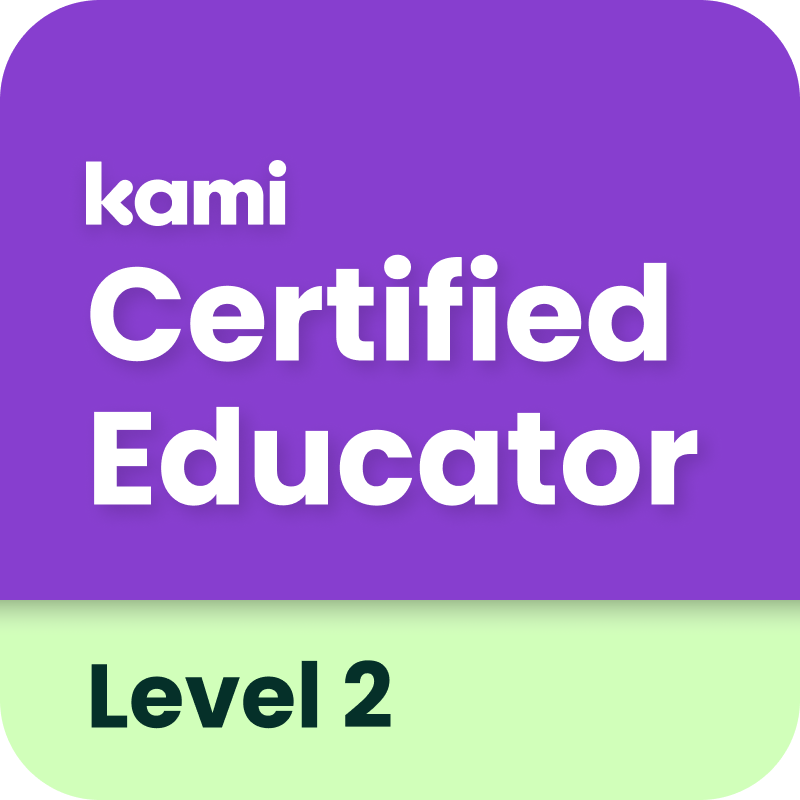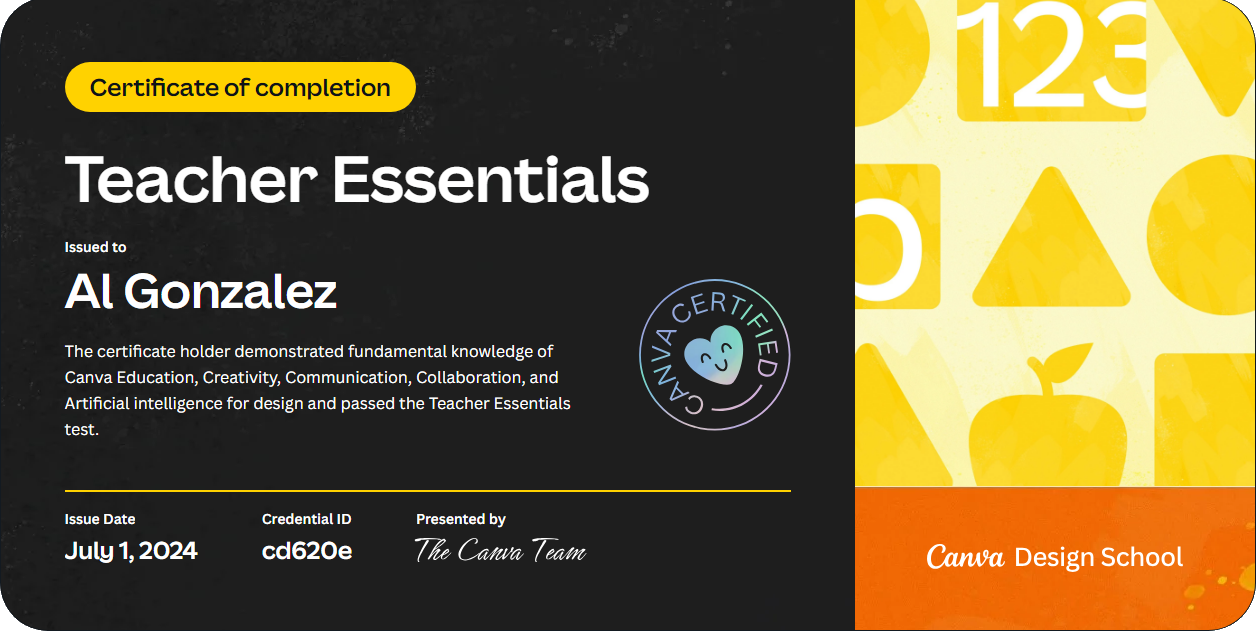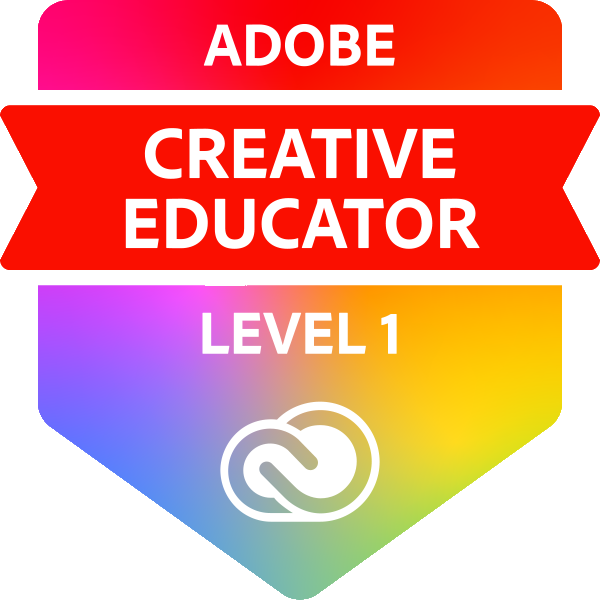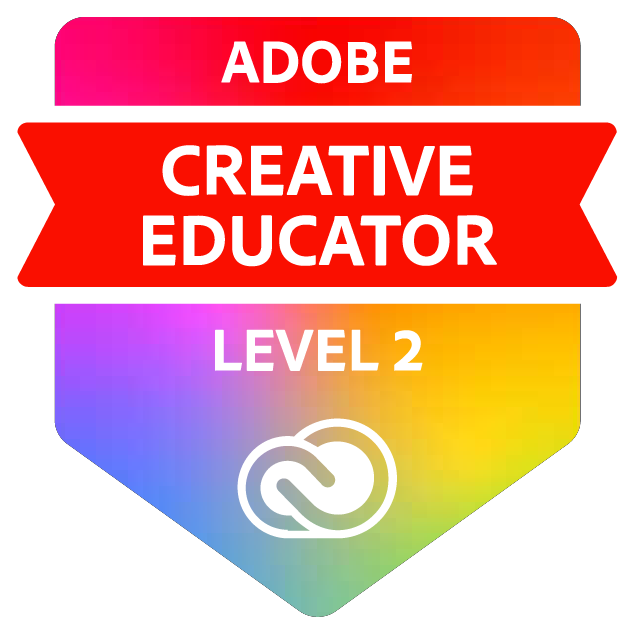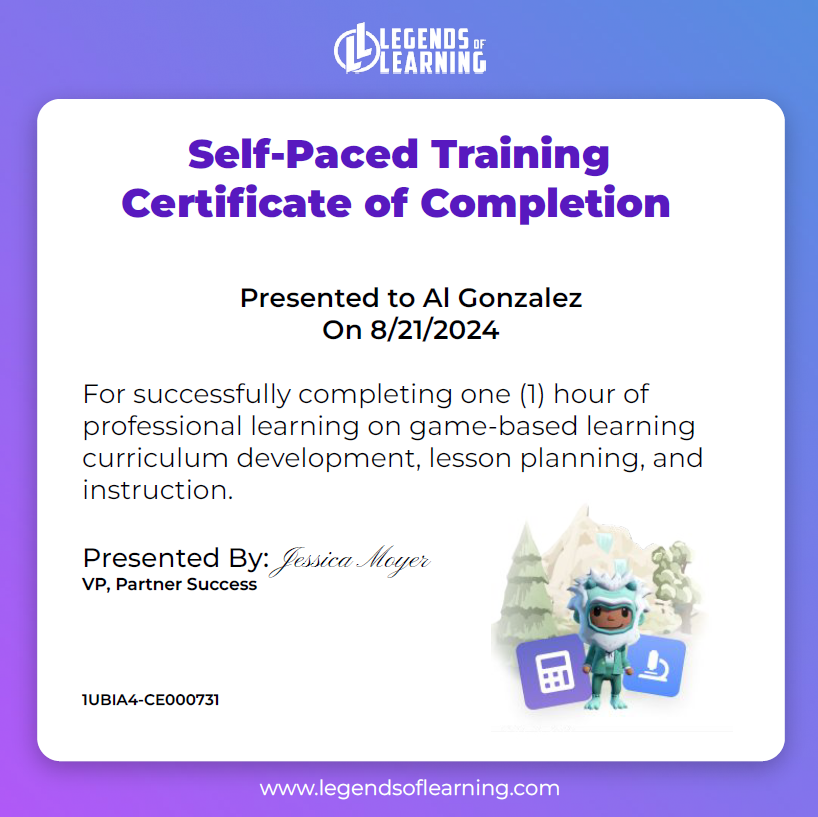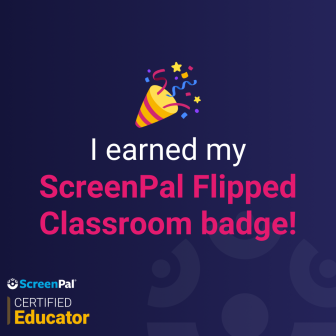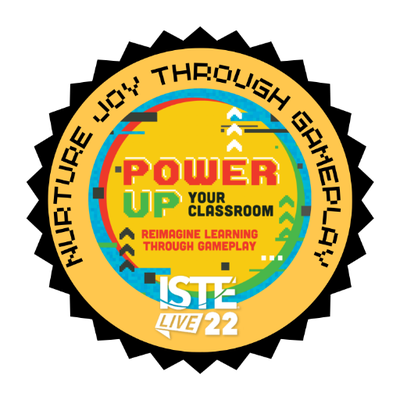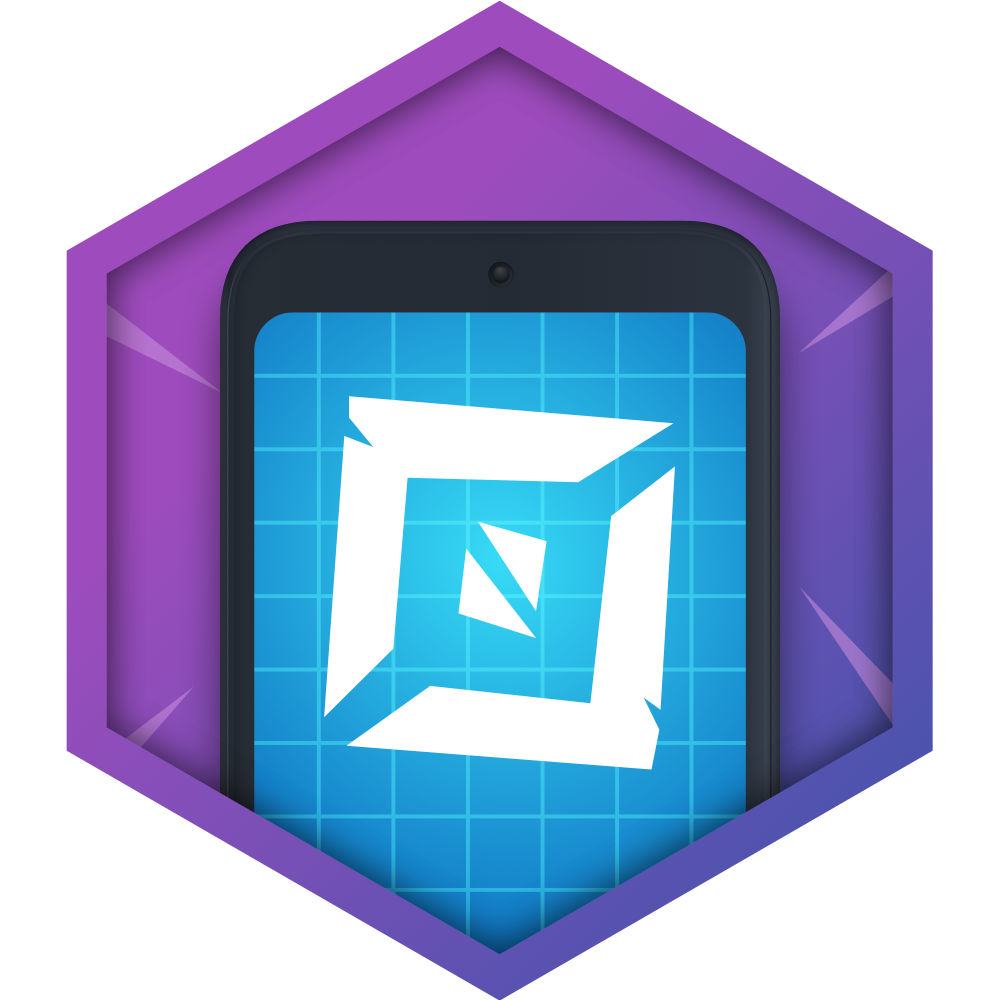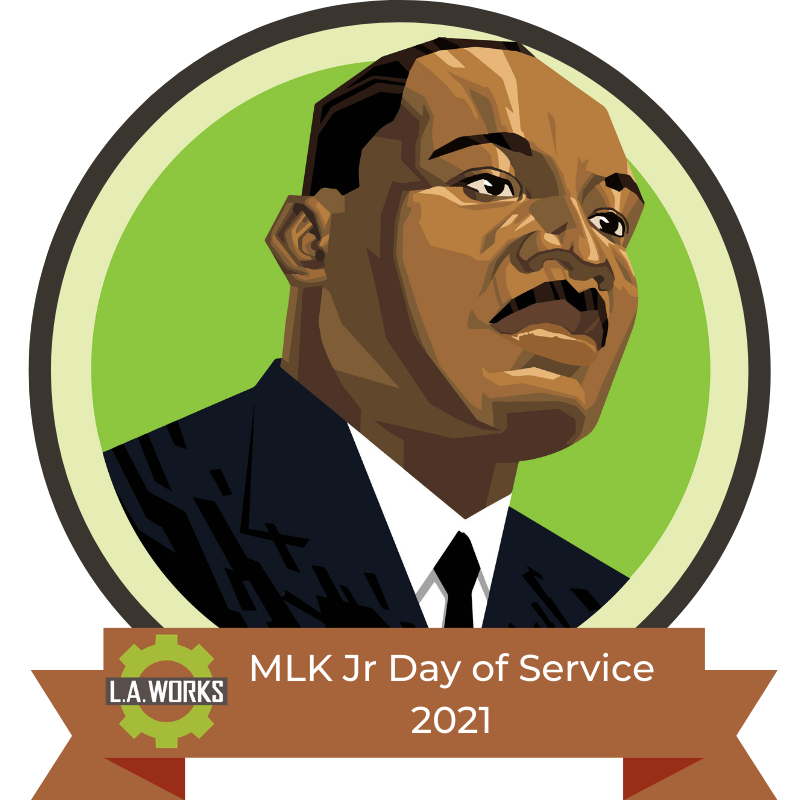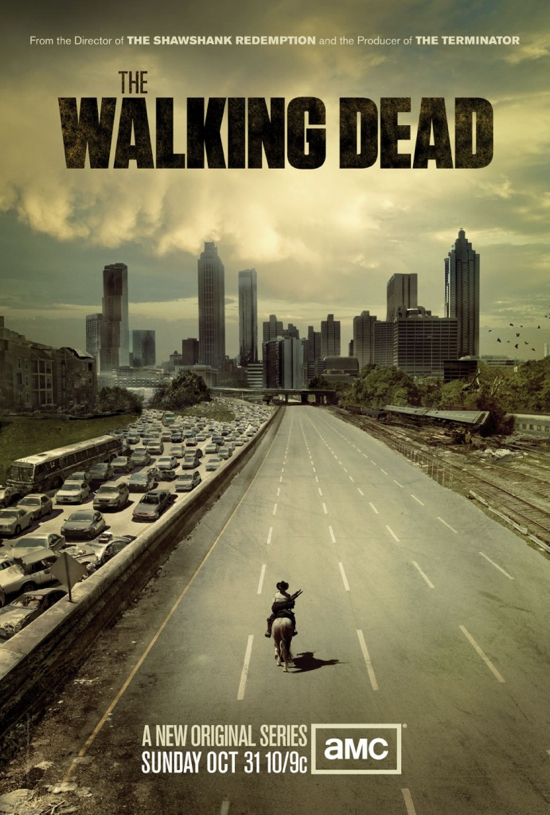 Thanks to @web20classroom, @ShellTerrell, and @tomwhitby for hosting a great session this morning with Alfie Kohn, @alfiekohn (with backchanneling still going on at #kohnlive), where we got to ask questions about grades, homework, standardized testing, the state of education and reform, and teacher preparation. For those of you who are wondering what the @ symbols mean and why the weird nicknames, they are twitter handles. I’m @educatoral. I started following those amazing educators on twitter and it’s blasted my professional development to places where I’ve wanted to go but didn’t have the time, money or resources to get to on my own. We call this a Professional Learning Network or PLN that I joined by following people on twitter. By joining and forming a PLN I have been getting access to valuable resources and great minds to bounce ideas off of.
Thanks to @web20classroom, @ShellTerrell, and @tomwhitby for hosting a great session this morning with Alfie Kohn, @alfiekohn (with backchanneling still going on at #kohnlive), where we got to ask questions about grades, homework, standardized testing, the state of education and reform, and teacher preparation. For those of you who are wondering what the @ symbols mean and why the weird nicknames, they are twitter handles. I’m @educatoral. I started following those amazing educators on twitter and it’s blasted my professional development to places where I’ve wanted to go but didn’t have the time, money or resources to get to on my own. We call this a Professional Learning Network or PLN that I joined by following people on twitter. By joining and forming a PLN I have been getting access to valuable resources and great minds to bounce ideas off of.
Also on twitter are words preceded by a # and those can also be followed or tuned in to by those interested in those topics. I think what I heard from Kohn this morning is helping me get to a place in my teaching that I’ve been dreaming of for years. At least I think I’m getting closer. Another great resource for educators and parents that @web20classroom, @ShellTerrell, and @tomwhitby have put together is the Educator’s PLN. Check it out.
I also want to thank @cybraryman1 and@iteachgrade2 for our follow up twitter conversations. Your words have helped me incredibly.
I’ve been fortunate enough to have been able to take part in several years of Learn & Serve America grants to have my 6th graders monitor the water quality of our neighborhood creek. One thing that I’ve been learning through participating in service-learning is that students are motivated by having control in their education. Reminds me of a blog I read recently where studies found that people are most motivated by being able to make progress, be they adults in an office or students in a classroom. Imagine a ladder where the top rung is a classroom where students and teachers make decisions together and the lowest rung is where students are pretty much told everything they will be doing. In other words, the lowest rung on the ladder is the traditional classroom.
I never managed to get higher than the lowest rungs on the ladder. I mean, I have curriculum I have to teach and I have lesson plans that I’ve created that my students need. After all, I’m the professional in my classroom, aren’t I? But still there was a part of me that wanted to move up that ladder. But how? And how do I get past my fears? (The fear of chaos in the classroom, of not having a plan for 30 restless minds.)
Then came Alfie Kohn and his books, dvd’s and interviews on subjects such as homework and grading. The things I’ve read or heard Kohn say resonated with me. I mean, I’ve never been one to give my students too many tests and I’ve always hated grading. Grades have been the part of my job I would easily give up. I’ve seen the things Kohn was talking about. I’ve never heard a student on Facebook say that he or she enjoyed doing homework and my own students will blog in the classroom in a heartbeat but over 93% of them will not do the same assignment when it’s homework. I mean even those who have a computer at home or have a cell phone will not blog when it’s homework. So when Kohn says that research shows that there is no benefit to giving homework and that homework in fact makes learning a chore and saps the love of learning from our children I became interested.
I was also interested when Kohn recommends that we do away with grades. I was ready to jump on that train so I planned to do away with my letter grades and switch to just giving students a score on whether or not they understand the standards I’m supposed to teach. While I think my idea is a good one and a good next step Kohn meant getting rid of all grades and scores. Oh. I see. Giving students written feedback in the form of narratives is much more effective, but as Kohn has found when that narrative is followed or preceded by a letter grade or number score it is ignored. So Kohn envisions education where there are no rewards or punishments, and grades are rewards and punishments.
Okay so I can stop giving homework because I now have some research to support that is a good way to go. I can also stop giving letter grades and score students purely on the state standards. I can do that because our elementary scores students that way so parents and students will be familiar with it. I can’t quite do away with scoring students completely because as a teacher I am expected to assess my students in ways that our grading system will accept. Until we change that I’ll work within the constraints I am given. But will that be enough?
I don’t think eliminating homework and cutting down on grades will be enough to motivate my students to learn. I think what I can do is to empower them by letting them make decisions about how they are learning. Sure I have a curriculum that I have to use but I need to figure out how to give my students the ability to choose how they learn it. Can I do that? If my students work under the same parameters that I have, the standards and the equipment or kits that I have for them to learn it, it might just work. I mean I have a PLN that constantly provides me with new Web 2.0 tools so that I can differentiate in ways that my students tell me they need to learn. I can also ask students how they would like to be assessed to show me that they’ve learned the standards.
My fear has always been not having a plan and watching my students lose control. But what about having a plan and then having my students completely change it, or come up with something they would prefer. How much choice can we give our students? How can I do this? These are the questions I’m toiling with right now.
Please share your thoughts or ideas by leaving a comment.
Al Gonzalez

